Organic food has been increasingly popular during the last ten years. Yet, in terms of coffee, do coffee enthusiasts really need to put it into mind? What’s the difference with regular coffee, and which is better? We are going to find out the thorough answers to the battle of organic vs non organic coffee in the discussion below.
Table of Contents
ToggleTable of Contents
Definition of Organic Coffee

Organic coffee refers to coffee that is cultivated without the use of pesticides, synthetic fertilizers, and GMOs (genetically modified organisms). Simply put, farmers use all-natural methods to grow coffee.
Even if farmers use pest control methods and fertilizers, it’s all-natural, such as using leftover coffee grounds and cattle manure. In the US, farmers must adhere to the existing organic standards and practices to obtain organic certification from the USDA.
Benefits of Organic Coffee
Since it is devoid of potentially dangerous chemicals, organic coffee is believed to benefit health and the environment. For consumers, this coffee is rich in nutrients. It is the simplest option to protect the body from toxic substances used in regular coffee. This also benefits the farmers’ health since they no longer be exposed to harmful chemicals to cultivate coffee.
Indeed, organic coffee is also a better choice for the environment. Coffee plants are typically grown under shades to provide habitat for surrounding species. Because no harmful chemicals are involved, soil health and biodiversity can also be promoted.
Organic Coffee Healthier than Regular Coffee?
The safest answer is that organic coffee is a better option than regular coffee if we merely talk about the use of toxic substances in cultivation. Why better? Just because coffee is organically grown, it doesn’t mean it is free of harmful stuff. When poorly processed and stored, coffee beans can grow mold that produces mycotoxins, leading to health concerns.
According to Healthline, various studies show that these toxins are found in a significant amount of beans and even end up in the end product. Fortunately, molds can be eliminated by employing the correct wet processing method.
Employing a correct roast method can also kill molds. According to a study published in Pubmed, ochratoxin A content on coffee beans can be decreased by 69% to 96% with proper roasting.
So, comparing organic vs non organic coffee, the former is the healthiest option if the brand you purchase has a certificate that it has been tested by a third party to make sure it’s free of health concerning mold.
Definition of Non-Organic Coffee

Non-organic coffee, also called regular coffee, is grown with many substances from fertilization to pest removal treatments. Regular coffee plants are typically cultivated as monoculture and in controlled rows.
In this setting, regular coffee shrubs have no additional shade from other trees, making them uncovered from the sunlight and a variety of pests. These make the birds that typically feed on coffee pests unable to thrive.
Difference Between Organic and Non-Organic Coffee
From the elaboration above, you can see that organic coffee is a much better option for consumers, farmers, and the environment. But let’s delve more into the other comparison aspects of organic and regular coffee.
Nutritional value comparison
As reported by Mayoclinic, various studies have reported that organic products have a small to moderate nutrient boost. Some antioxidants may also be present in higher concentrations in organic products. So, it can be said that organic coffee is packed with more nutrients than its counterpart.
Environmental impact comparison
Regular coffee plants use the monoculture farming method, which requires various substances. In contrast, the organic one uses the shade trees farming method. In short, the latter is better for the environment because shade trees eliminate the need to use chemicals. It also protects the surrounding ecosystem by promoting water and soil quality, which can help reduce carbon footprints.
Taste and quality comparison
There has yet to be research studying the taste and quality of organic coffee beans. They could be on par with regular coffee beans. Yet, some sources also mentioned that particular coffee drinkers could taste the difference between the two.
Either way, the taste and quality types of coffee beans are influenced by four factors: where and when the coffee is cultivated, how the fruits are processed and roasted, the variety, and how the beans are brewed.
Price comparison
In terms of price, organic coffee is more costly than regular. The reasons are that organic coffee requires cost for certification, labor cost, and all expenses for the additional work involved in maintaining the crops.
So, What Makes Organic Coffee Better?
Comparing organic vs non organic coffee, the former could be a better option if it’s already third-party tested to ensure it’s devoid of toxins. Also, opt for the specialty one because the differences between specialty vs commercial coffee that is organically cultivated are so noticeable, especially in the taste and quality. Don’t know where to buy such coffee for your coffee shop needs? FnB Tech Indonesia can supply quality organic coffee beans for you. We have years of experience providing over 17,000 customers with quality Indonesian coffee beans.




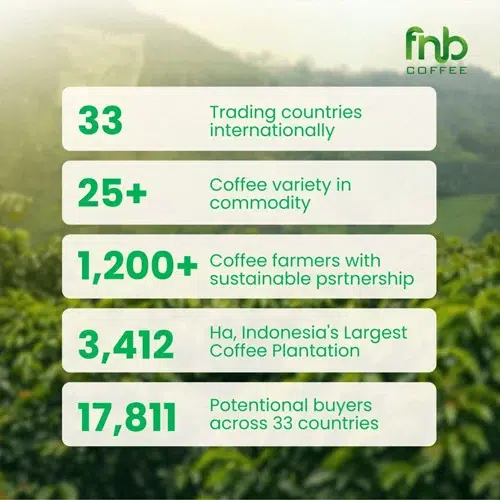







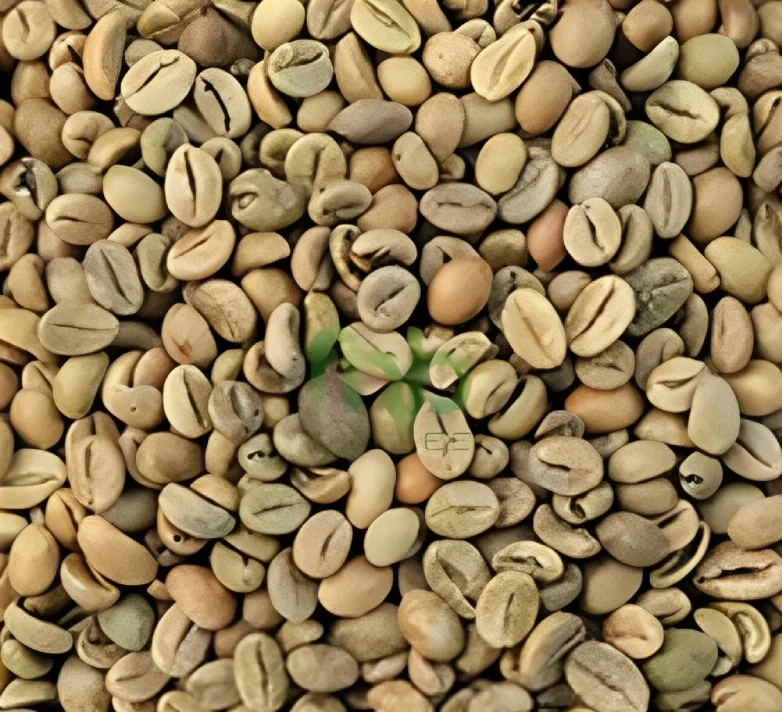
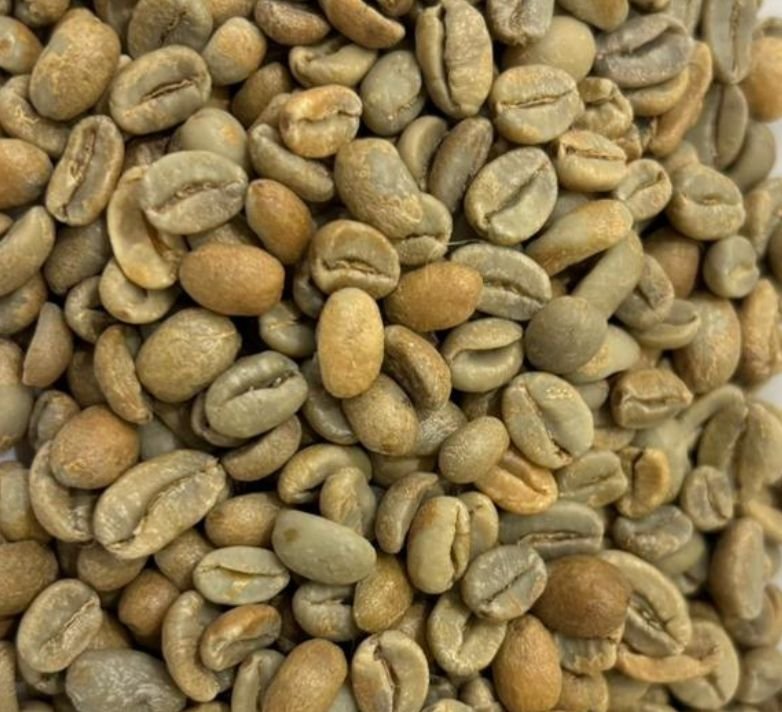



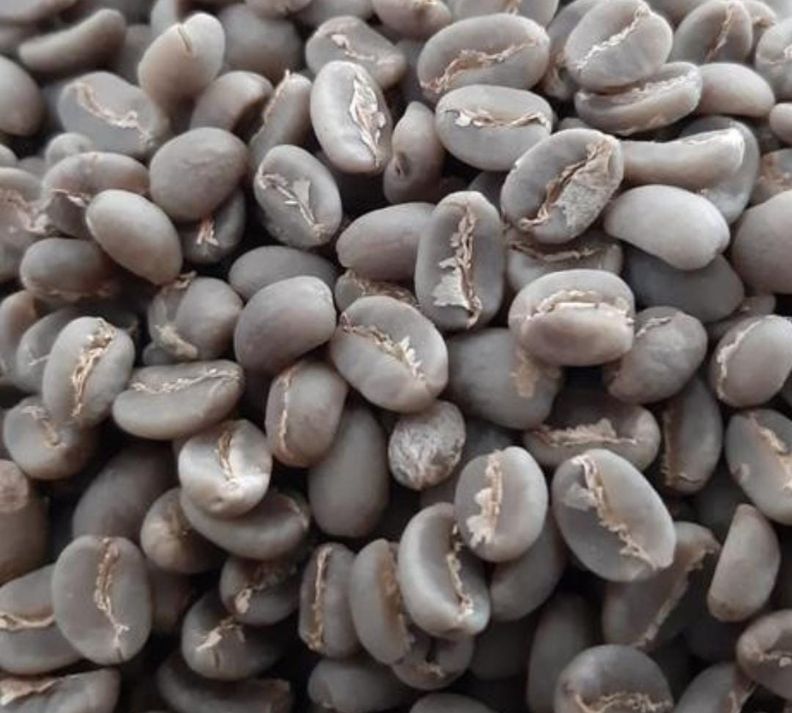






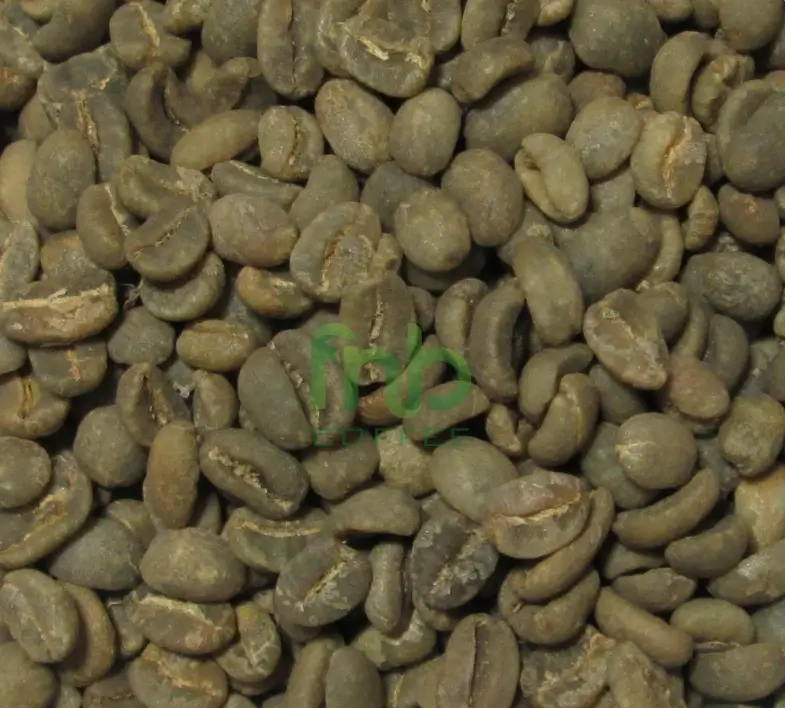








 Arabic
Arabic Chinese (Simplified)
Chinese (Simplified) Dutch
Dutch English
English French
French German
German Indonesian
Indonesian Italian
Italian Japanese
Japanese Portuguese
Portuguese Russian
Russian Spanish
Spanish